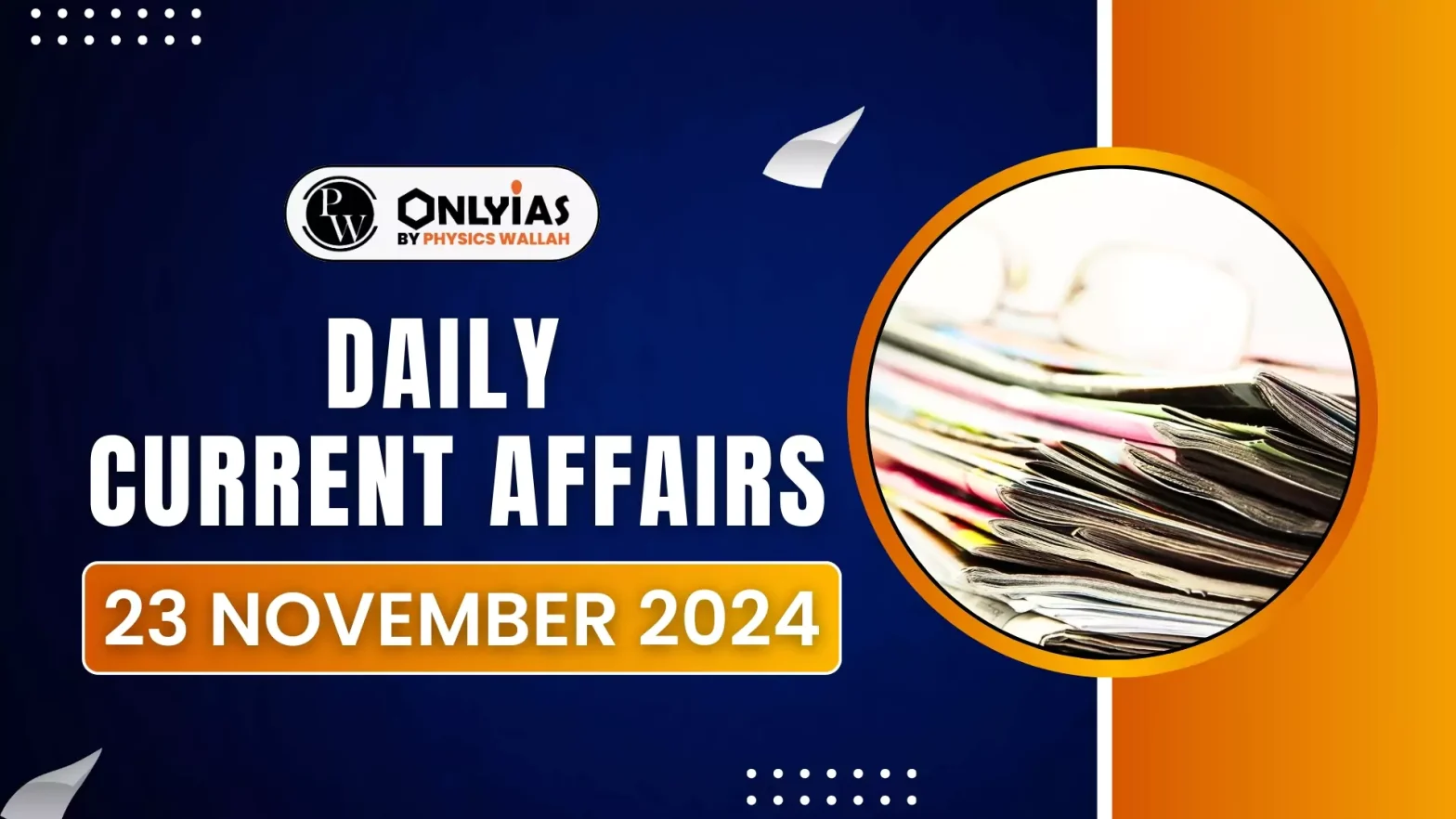Recently, the Ministry of Communications notified the Telecommunications (Telecom Cyber Security) Rules, 2024 introducing stringent security measures and increased accountability for telecom entities.
Cybersecurity
- It is the practice of protecting systems, networks, and programs from digital attacks.
- These cyberattacks are usually aimed at accessing, changing, or destroying sensitive information; extorting money from users through ransomware; or interrupting normal business processes.
|
Key Provisions under Telecom Cybersecurity Rules
- Key Measures:
- Specifies timelines for telecom companies to report security incidents & make disclosures.
- Empowers the central government or its authorised agency to seek traffic data (excluding message content) from telecom entities for cybersecurity purposes.
- Obligations for Telecom Entities:
- Must appoint a Chief Telecommunication Security Officer.
- Required to report security incidents within six hours of discovery, along with relevant details of the incident.
- Incident Reporting: Within 24 hours, telecom entities must provide detailed information, including:
- Number of users affected.
- Duration and geographical area impacted.
- Network or service functionality impact.
- Remedial actions taken or planned.
- IMEI Registration Rule:
- Manufacturers of equipment with International Mobile Equipment Identity (IMEI) numbers must register the number of such equipment with the government before their first sale in India.
Check Out UPSC CSE Books From PW Store
Indian Telecom Sector & Associated Laws
- Sub-sectors of The Telecommunications industry: Infrastructure, Equipment, Mobile Virtual Network Operators, White Space Spectrum, 5G, Telephone service providers, & Broadband.
- India’s Telecom industry is the second largest in the world with a subscriber base of 1.19 Bn (Sept 2024)
- Primary Laws:
- The Indian Telegraph Act, 1885: In 2003, the Universal Service Obligation Fund (USOF) was set by amending the Indian Telegraph Act, 1885.
- The Indian Wireless Telegraphy Act, 1933.
- The Telegraph Wires (Unlawful Possession) Act, 1950 was repealed by the Repealing and Amending Act, 2023 to reflect regulatory adaptability.
- Regulatory Authorities: The TRAI Act, 1997 established Telecom Regulatory Authority of India (TRAI) for tariff regulation and created the Telecom Disputes Settlement and Appellate Tribunal (TDSAT).
- Licensing Authority: Central Government.
- Government Initiatives in Telecom Sector:
- Prime Minister Wi-Fi Access Network Interface (PM-WANI), 2020: It aims to create public Wi-Fi hotspots, especially in rural and remote areas.
- Bharatnet Project, 2011: It aims to provide broadband connectivity to all Gram Panchayats in India.
- Production Linked Incentive (PLI) Scheme, 2021: It aims to boost domestic manufacturing
- Bharat 6G Alliance, 2023: It aims to position India as a global leader in 6G technology R&D.
![]() 23 Nov 2024
23 Nov 2024
